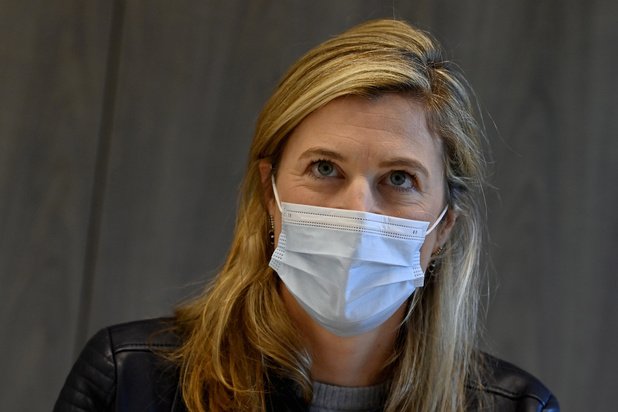The Council of State has returned its opinions on the government’s proposed pandemic law, meaning there are few hurdles left before the bill becomes legislation.
The Council of State has the role of scrutinising all acts of government at any level, including proposed legislation.
The pandemic law is intended to fix in legislative form the powers of a government to deal with a situation like the present one. At present – and in fact since the beginning of the pandemic in early 2020 – the government has been acting on the basis of a civil protection law dating from 2007, which allows it to make decisions by ministerial decree, without having to pass through all of the stages of legislation.
But a growing number of critics have pointed out that the 2007 law was only ever meant to deal with emergency situations such as flooding or a major fire, and not a situation that has now dragged on into its second year.
In an emergency, decisions need to be taken and enacted quickly. The radical changes carried out by the governments of Sophie Wilmès and Alexander De Croo, including closing down entire sectors of the economy and restricting the movements of members of the public on pain of fines, require more than a ministerial decree.
Related News
- Court of Appeal to rule on the legality of Belgium's Covid measures before 30 April
- Coronavirus measures: Court ruling against Belgian state to be appealed
Funnily enough, it was the Council of State itself who backed the government in this approach when ruling on one of the many cases brought to challenge the legality of the government’s approach.
The main criticism offered by the Council concerns the intention to continue using the system of ministerial decrees to implement measures – although the basis will now be the new law on pandemics rather than the old law on civil incidents.
The Council has recommended instead a system of Royal decrees, which then have to be agreed by the full council of ministers, and not home affairs minister Annelies Verlinden alone.
Another issue for the Council concerns the power of parliament, which must give its support for any future recourse to the pandemic law. The law must also clearly state the limits on the power of the government, and impose a maximum period of three months when the law can be applied.
The race is now on for the government to pass the law through its final stages, in order to avoid the fine of €5,000 a day ordered by a Brussels court if it failed to do so by 1 May. The government had promised to consult parliament, but if the chamber demands changes, the new version will have to be re-submitted for an opinion from the Council of State, and the timing will be impossible.
Alan Hope
The Brussels Times

